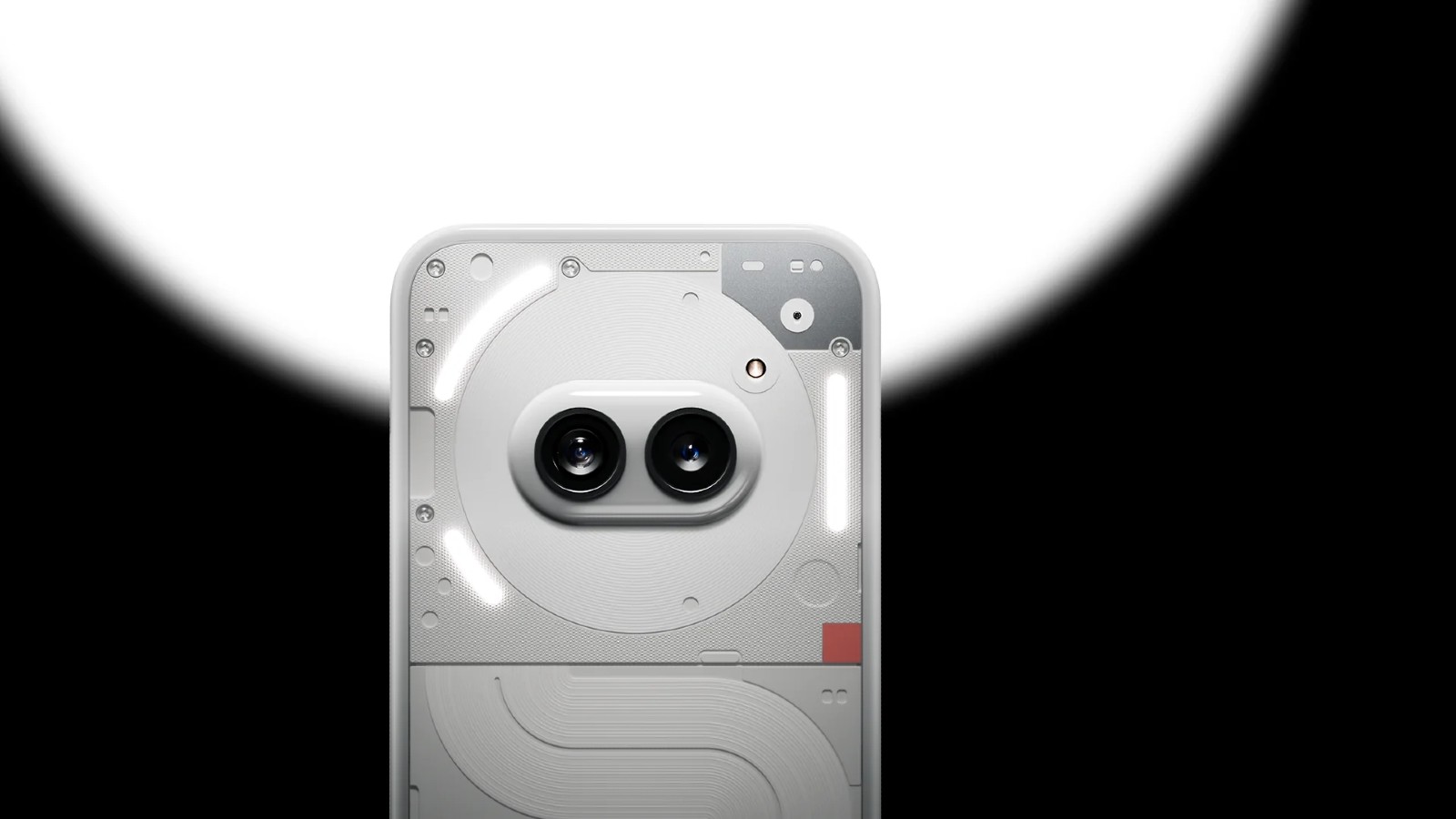Nothing Ever Ends Poetically: A Look At Life's Unexpected Final Chapters
Have you ever felt a little let down when something big in your life just... stopped? It's a common feeling, that desire for a grand finale, a neat bow tied on every experience. We often hope for closures that feel just right, full of meaning and perhaps a touch of drama, but the truth, as many of us discover, is that nothing ever ends poetically. Life, it seems, has a way of leaving things a bit messy, a little unfinished, and sometimes, very, very abrupt.
This idea, that endings rarely live up to our storybook expectations, can feel a bit jarring. We are, after all, creatures who enjoy narratives, and a good story typically has a satisfying conclusion. Yet, when we look around, whether it's a relationship fading, a project fizzling, or even a big life stage drawing to a close, the final moments often lack that perfect, cinematic flourish. It's almost as if the universe itself just keeps moving, indifferent to our longing for a tidy wrap-up, and that, in some respects, can be a tough pill to swallow.
So, why do things often end this way? Why do we yearn for something more, a graceful exit or a powerful crescendo, when reality usually offers something far less dramatic? This question, it turns out, touches on some really deep ideas about existence, about what "nothing" truly means, and how we make sense of a world that doesn't always deliver on our desires for perfect closure. It's about how we cope when the final scene just isn't what we had pictured, and how we find peace with those unscripted goodbyes.
- How Old Jack Black
- Bluesongs Lyrics
- La Catrina Mexican Grill
- How Old Mayweather
- Quality Inn Hotel Ocean City Md
Table of Contents
- The Myth of the Perfect Ending
- What is "Nothingness," Anyway?
- The Question of Meaning and Nihilism
- Math's Zero and the Absence of Time
- Embracing the Unscripted Finale
- Frequently Asked Questions
The Myth of the Perfect Ending
We're conditioned, you know, to expect a certain kind of ending. Think about stories, songs, even a simple conversation; there's usually a clear point where things wrap up. But life, actually, is often more like a continuous flow, where one thing simply gives way to another without a definitive "the end" stamp. This makes the phrase "nothing ever ends poetically" resonate with so many people, because it speaks to a shared experience of untidy conclusions.
It's not that we don't try to create those poetic endings. We might plan elaborate farewells, hope for heartfelt goodbyes, or dream of a moment of profound realization. Yet, very often, the actual ending is a quiet fade, a sudden stop, or a slow drift apart. It leaves us with a feeling that something is missing, that the final note wasn't quite struck, and that's just a part of how things sometimes go.
What is "Nothingness," Anyway?
To really get a grip on why endings might feel less than poetic, it helps to think about what "nothing" even means. Our intuition, for instance, tells us that something cannot just appear from nothing. It's a very strong feeling, one that many folks can't even begin to picture. If there was no universe, if there was truly nothing, then "nothingness" itself would be, well, a thing. But that's where it gets a bit mind-bending, isn't it?
The very definition of nothingness, in some ways, is that it doesn't "be." It's what is not, and what is not, simply does not exist. So, when we talk about things ending, especially in a non-poetic way, we're often talking about a shift towards an absence, a void, but this "nothing" isn't a tangible entity. It's just the lack of something, which is a bit of a subtle distinction, and yet, it matters a lot.
The Challenge of Imagining Absence
It's incredibly hard to imagine true nothingness, actually. When you try to picture an absence of time or space, which in some ways is "nothing," your mind tends to fill the void. When I closed my eyes and tried to think of "nothing," I just saw, well, a sort of blankness, not truly an absence of everything. You don't imagine absences of anything, you only imagine things, even if those things might lack something. This is why endings feel so difficult to process; we struggle to grasp the pure absence they represent.
Our brains are built to perceive and organize things, to find patterns and presence. So, when something ends, especially without a clear, satisfying narrative, it presents our minds with a puzzle. It's a lack, a gap, and we try to impose meaning or form onto it, even if there isn't any inherent structure to that particular "nothing." This is why a lot of people feel a lingering sense of unease when things don't wrap up neatly.
When Science Meets the Void
This idea of "something from nothing" isn't just a philosophical puzzle; it's something that science has grappled with, too. Stephen Hawking, for example, has discussed how the universe might have come from nothing. This kind of thinking, however, sometimes runs into friction with philosophical ideas. Lawrence Krauss's definition of "nothing," for instance, has been seen by some as a result of a certain scientific allergy to philosophy, so it's a bit of a hot topic.
The philosopher David Albert, for example, posted a really strong criticism of a book that tried to explain the universe coming from nothing, pointing out that what physicists call "nothing" often isn't the absolute void philosophers talk about. It's usually a state with certain physical laws or quantum fields still in play. So, the "nothing" an ending might bring isn't necessarily a true, absolute void, which, in a way, offers a glimmer of possibility for what comes next.
The Question of Meaning and Nihilism
If nothing ever ends poetically, does that mean life itself lacks a grand, overarching meaning? This is a question that can lead us down a path towards nihilism, the idea that everything is meaningless, even our very existence. The Dutch 19th-century writer Multatuli, who famously criticized colonialism, once wrote a variation on the liar paradox that essentially said, "Everything is meaningless." This leaves one big question: why does anything matter in life?
My own thought on this, and it's just a thought, is that if nothing truly matters in life, then you can pretty much do anything you want, unless it harms others, of course. This perspective, while perhaps a bit stark, suggests that the expectation of a "poetic" ending might be a human construct, a desire for meaning where there might be none inherently. If read as written, this "nothing" can be interpreted as a reification of nihilism, a kind of solidifying of the idea that there's no inherent purpose, so why expect a beautiful finish?
But that doesn't mean we can't create our own meaning. Just because a story doesn't have a pre-written, perfect ending doesn't mean the journey itself wasn't valuable. It's rather like finding beauty in the quiet, unscripted moments, instead of only in the grand, dramatic gestures. This idea of embracing meaninglessness, in a way, can be quite liberating, letting go of the need for things to always tie up neatly.
Math's Zero and the Absence of Time
Even in mathematics, a field built on precision, "zero" is almost never defined as truly "nothing." Thinking of zero as nothing is, in my experience, a strictly non-mathematical idea of it. Zero is a placeholder, a quantity, a point on a number line, but it's not an absence of quantity. There are some platonic notions of numbers, but zero still holds a specific, active role within the system, not just a void. This really highlights how even abstract systems struggle with the pure concept of "nothing."
This is a bit like how we perceive endings. When something concludes, it's not necessarily an absolute void, but a new state, a different configuration. If the universe came from nothing, as some argue, then it's arguably possible that we could live once again from nothing, a similar argument could be applied. Taking the fact that the universe came from something that some call "nothing" means that even an ending, a perceived "nothing," might hold the seeds of a new beginning, a different form of existence, or just a new chapter, which is kind of interesting.
Embracing the Unscripted Finale
So, if nothing ever ends poetically, what does that mean for how we live? Perhaps it means letting go of the need for perfect closure. It means accepting that sometimes, things just stop, or they fade, or they shift without a grand announcement. This can be a bit freeing, actually. It allows us to appreciate the moments as they happen, rather than constantly looking ahead to how they will conclude.
It also invites us to find beauty in the imperfect, the messy, the unfinished. A non-poetic ending doesn't lessen the value of what came before. It simply means the final scene was different from what we might have imagined. By accepting this, we can move forward with less disappointment and more openness to whatever comes next, which is a pretty valuable way to approach life, don't you think? Learn more about existential thought on our site, and perhaps consider how these ideas might shape your own perspective on life's many transitions by linking to this page .
Frequently Asked Questions
What does it mean if an ending isn't "poetic"?
If an ending isn't "poetic," it simply means it doesn't have a grand, dramatic, or perfectly satisfying conclusion. It might be abrupt, messy, or just quietly fade away, rather than providing a clear sense of finality or deep meaning.
Is it bad that things don't end perfectly?
No, it's not bad at all. It's just a part of life's unpredictable nature. Expecting every ending to be perfect can lead to disappointment. Accepting that things often end imperfectly can help us appreciate the journey itself and find peace with transitions.
How can I cope with an unpoetic ending?
Coping with an unpoetic ending often involves adjusting your expectations. Instead of seeking a grand closure, try to find meaning in the experiences you had. Focus on what you learned or gained, and allow yourself to move forward without needing every loose end tied up neatly.
- Actor Dean Butler
- Charlieheen Ashton Kutcher
- Amc In Arlington Parks Mall
- St Jude Golf
- Ruth Chris Private Event

Nothing Phone (2a) will be manufactured in India

Nothing Phone 2a design officially revealed, aligns with previously

21,824 Nothing Illustration Images, Stock Photos & Vectors | Shutterstock